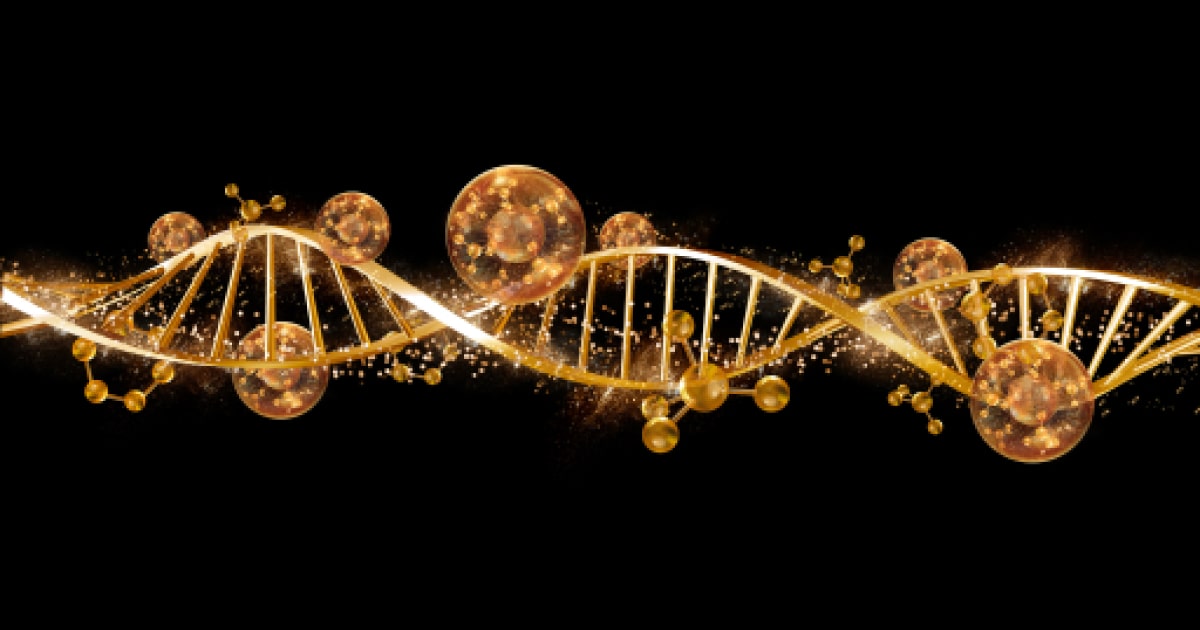
Expert Reviewed By: Dr. Brandon Colby MD
```htmlTorsion Dystonia 4 (DYT4) is a rare neurological disorder that affects muscle tone and movement. While it may sound daunting, understanding the intricacies of this condition and the role of genetic testing can provide clarity and hope for those affected.
What is Torsion Dystonia 4?
Torsion Dystonia 4 is a specific type of dystonia, a movement disorder characterized by involuntary muscle contractions that cause repetitive or twisting movements. The "torsion" aspect refers to the twisting nature of these movements. DYT4 is caused by mutations in the TUBB4A gene, which plays a crucial role in the function of neurons.
Diagnosing Torsion Dystonia 4
Diagnosing DYT4 can be challenging due to its rarity and the variability of symptoms. Symptoms often begin in childhood or adolescence and may include:
- Muscle contractions leading to abnormal postures
- Difficulty with fine motor skills
- Speech difficulties
- Progressive worsening of symptoms
Neurologists typically diagnose DYT4 through a combination of clinical evaluation, family history, and genetic testing. Imaging studies such as MRI may also be used to rule out other conditions.
The Role of Genetic Testing in Torsion Dystonia 4
Genetic testing has revolutionized the diagnosis and management of many genetic disorders, including DYT4. By identifying mutations in the TUBB4A gene, genetic testing can confirm a diagnosis, guide treatment, and provide valuable information for family planning.
Confirming the Diagnosis
Genetic testing can provide a definitive diagnosis of DYT4 by identifying mutations in the TUBB4A gene. This is particularly important in cases where the clinical presentation is ambiguous or overlaps with other types of dystonia. A confirmed genetic diagnosis can help patients and families understand the nature of the disorder and set realistic expectations for the future.
Guiding Treatment
While there is currently no cure for DYT4, genetic testing can inform treatment decisions. For example, knowing the specific genetic mutation can help healthcare providers predict the likely course of the disease and tailor interventions accordingly. Treatment options may include:
- Medications to manage symptoms
- Physical therapy to maintain mobility and function
- Speech therapy for communication difficulties
- In some cases, deep brain stimulation (DBS) may be considered
Genetic testing can also identify individuals who may benefit from emerging gene-based therapies as research in this area progresses.
Family Planning and Genetic Counseling
DYT4 is inherited in an autosomal dominant manner, meaning that a single copy of the mutated gene can cause the disorder. Genetic testing can help at-risk individuals understand their chances of passing the condition to their children. Genetic counselors play a crucial role in this process, providing information and support to families as they navigate their reproductive choices.
For those with a family history of DYT4, genetic testing can offer peace of mind or early intervention opportunities. Prenatal testing and preimplantation genetic diagnosis (PGD) are options for prospective parents who wish to avoid passing the mutation to their offspring.
Conclusion
Torsion Dystonia 4 is a complex and challenging condition, but advances in genetic testing offer hope for better diagnosis, treatment, and management. By understanding the role of genetic testing in DYT4, patients and families can make informed decisions and access the best possible care.
References:
```About The Expert Reviewer
Dr. Brandon Colby MD is a US physician specializing in the personalized prevention of disease through the use of genomic technologies. He’s an expert in genetic testing, genetic analysis, and precision medicine. Dr. Colby is also the Founder of and the author of Outsmart Your Genes.
Dr. Colby holds an MD from the Mount Sinai School of Medicine, an MBA from Stanford University’s Graduate School of Business, and a degree in Genetics with Honors from the University of Michigan. He is an Affiliate Specialist of the American College of Medical Genetics and Genomics (ACMG), an Associate of the American College of Preventive Medicine (ACPM), and a member of the National Society of Genetic Counselors (NSGC)